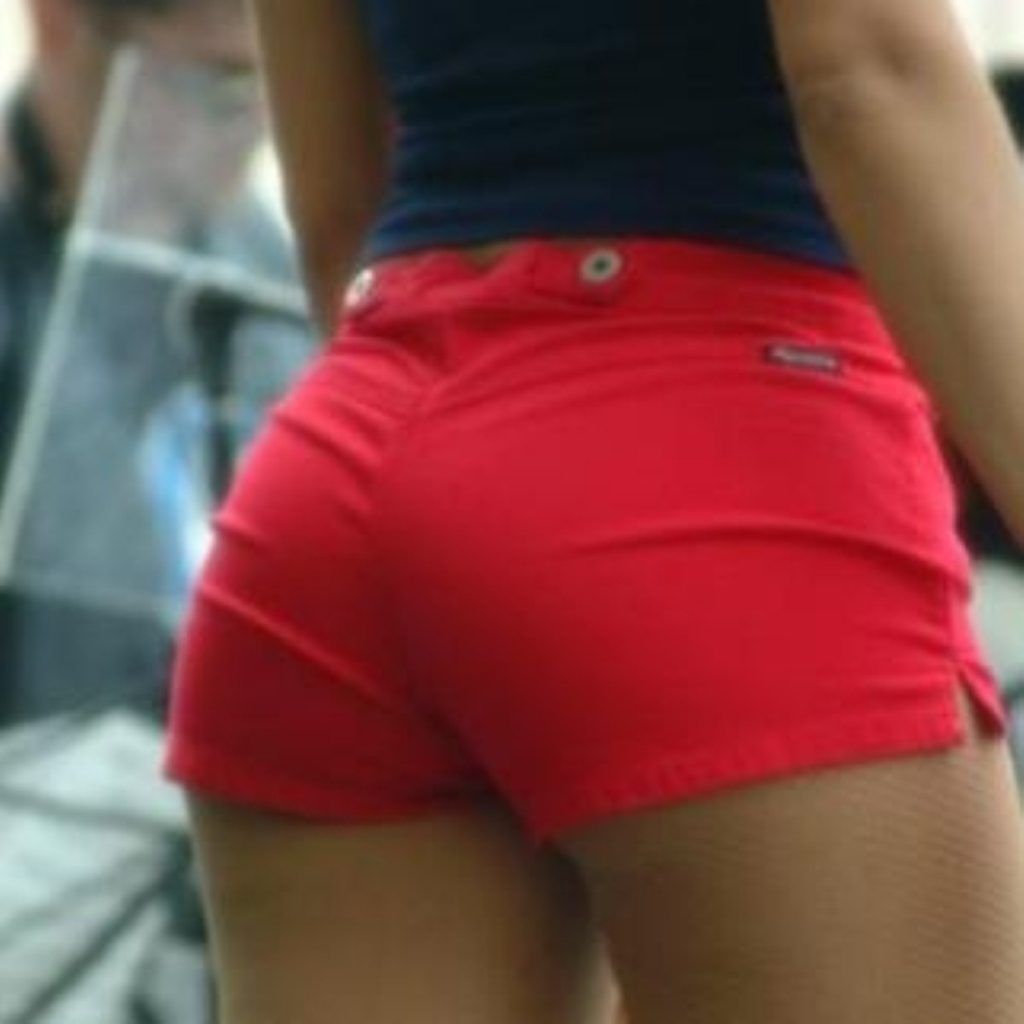Home Office goes to Amsterdam for prostitution ideas
Home Office minister Vernon Coaker is in Holland today seeing the country’s prostitution laws first-hand with a view to implementing them in Britain.
The trip comes as part of a six-month review into tackling the demand for prostitution and comes just after a similar visit to Sweden, where selling sex is legal but buying it is a criminal offence.
The Netherlands has one of the most liberal prostitution laws in the world, with a licensing scheme for brothels and the selling of sex between consenting adults perfectly legal.
“Today’s visit to the Netherlands gives us an opportunity to look at the challenges they have faced, the pros and cons associated with a regulated commercial sex industry and the work they are currently undertaking to reduce exploitation and harm, including trafficking,” said Mr Coaker.


“We are looking at how the problem is being tackled internationally to see what lessons we can all learn from each other,” he continued.
He is being accompanied by Vera Baird, the solicitor general and deputy minister for women and equality Barbara Follett.
Ms Baird said the trip was helping the minister develop their ideas about a future prostitution policy in the UK.
“In the course of this review we have seen amongst our European and world neighbours very different solutions to the same problem,” she said.
“We are starting to develop more fully our ideas as to what can work effectively for us.”
The Netherlands introduced a licensing scheme for brothels in October 2000. Officials believe legalisation allows the government to regulate the industry, helping the fight against those who force women into prostitution and protecting minors from the industry.
Libertarians around the world praise the Dutch system, saying what two people do of their own accord should remain legal. But opponents point to the effects of Amsterdam’s crowded red light district and the drug culture that flourishes there.
The red light district actually only constitutes 20 per cent of prostitution in the country. Rooms with windows are rented by eight-hour shifts for between ?60 and ?150 (£47 and £118), including closed circuit security cameras. Women must show a European Union passport to rent a room.
Local municipalities are required to draw up their own bylaws setting out how brothels can operate in the country. These licensing schemes determine the size and location of brothels, the provision of basic services and the protection of workers’ physical and mental integrity. Brothels are not allowed to employ anyone under the age of 18 or those without a valid permit.
Nevertheless, the Netherlands remains one of the primary destinations for victims of human trafficking, with between 1,000 and 7,000 victims every year.
Helen Atkins, exiting prostitution development officer for the Poppy Project, a group that provides direct services for women trafficked into prostitution, says the Dutch experiment has been failure.
“The Netherlands is an interesting example because in the last decade or so they’ve come full circle, from their position in 2000 to the position they’re in now,” she told politics.co.uk
“They’ve closed half the window brothels since 2006 because of an exponential rise in organised crime and money laundering and also the trafficking of children and women, particularly from countries such as the Ukraine.
“Once they legalised prostitution it became a Mecca for sex tourism.
“Local women in prostitution weren’t in a position to satisfy demand so a vacuum developed which the traffickers filled,” she explained.
It is, in effect, a failed experiment. Legalisation is just an endorsement for harm for people working in the sex industry.”
The government’s review will also look at different models, including those in place in New Zealand, Germany and Finland.












